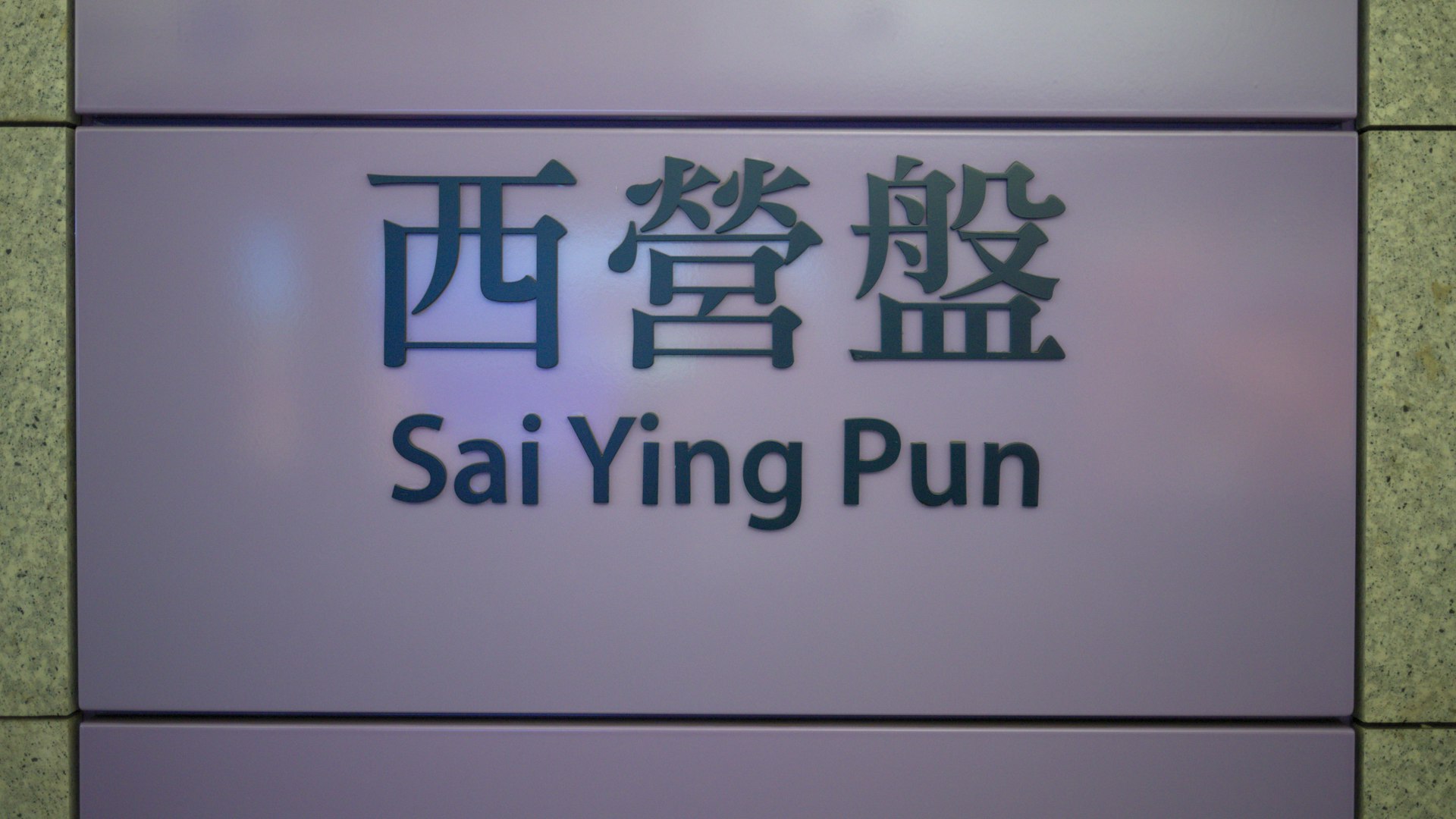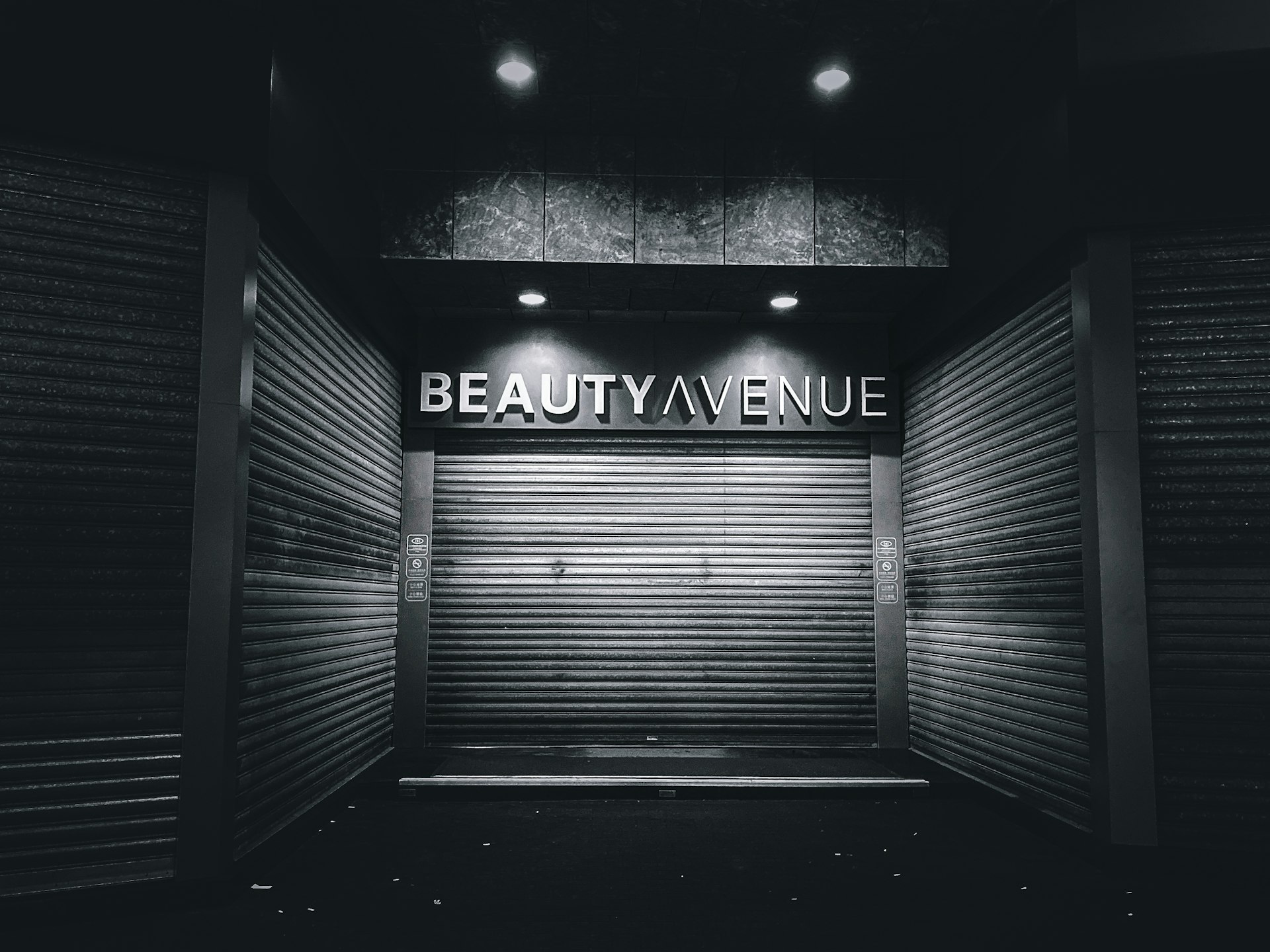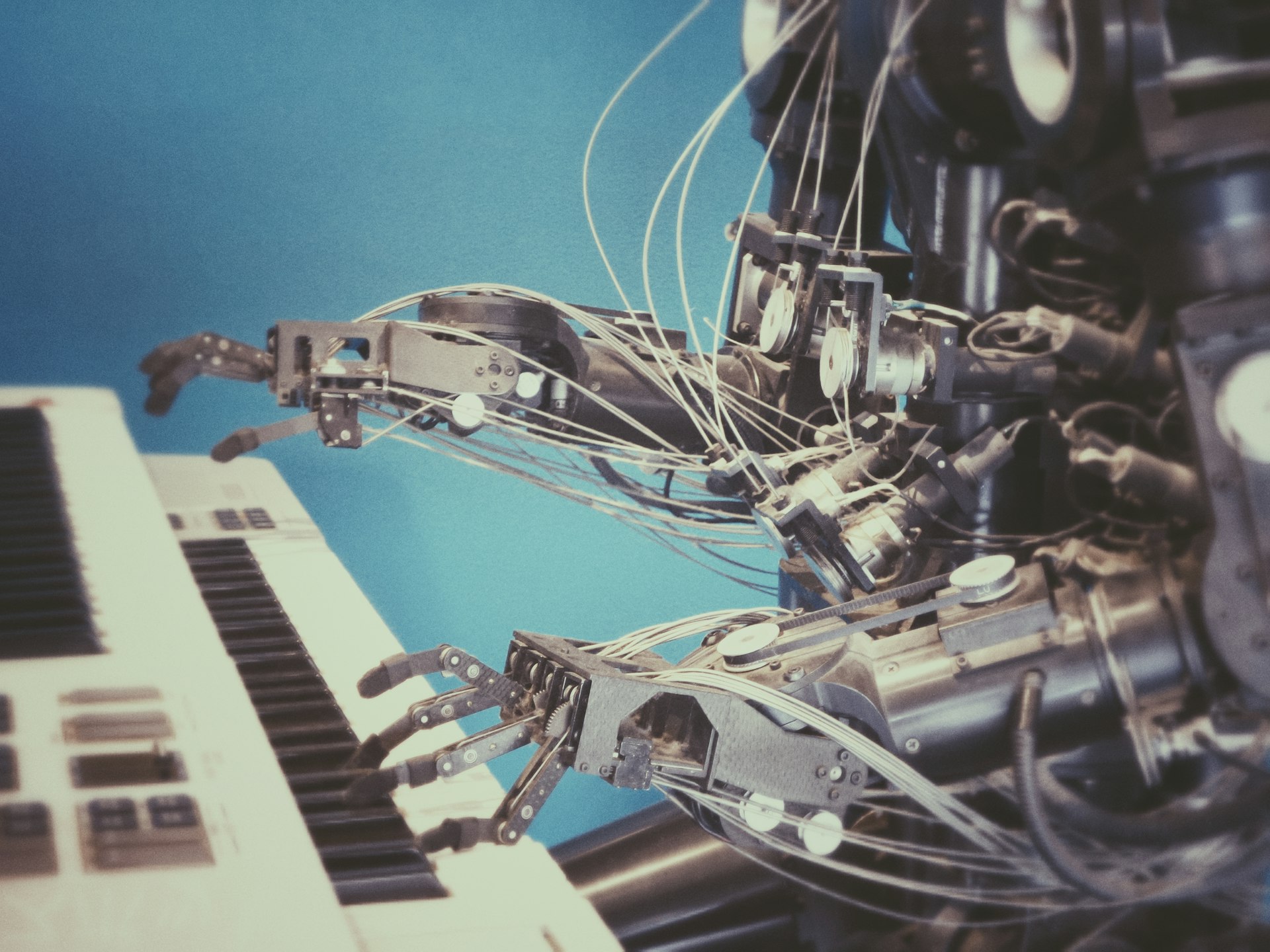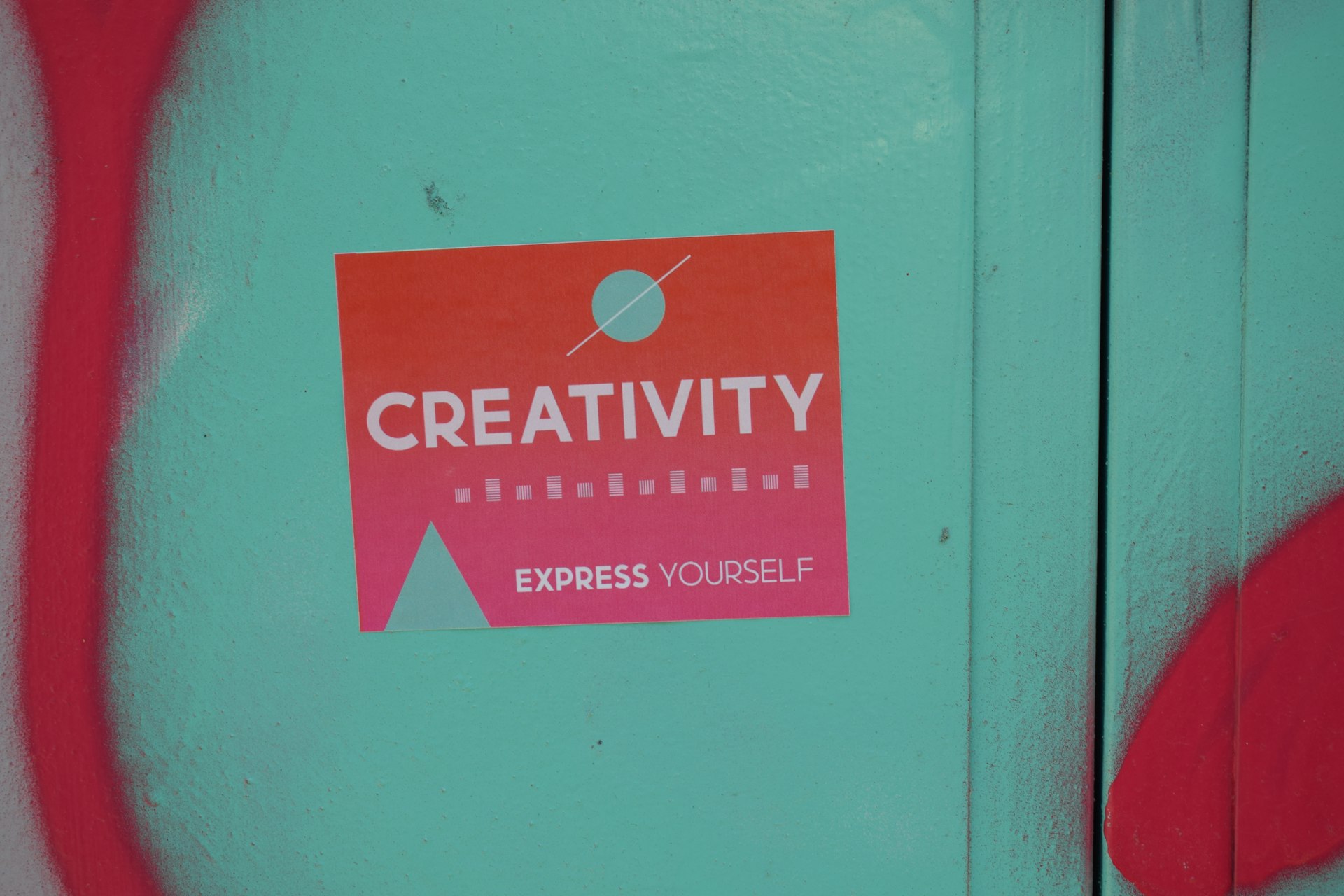AI-Generated Music: Transforming the Industry in 2025

Photo by Sam Tsonis on Unsplash
Introduction
Artificial intelligence (AI) is rapidly revolutionizing the music industry, influencing everything from composition and production to distribution and monetization. In 2025, AI-generated music is not only a technological marvel but also a force that is democratizing music creation, reshaping business models, and re-defining the roles of musicians, producers, and listeners. This article explores the profound impact of AI-generated music on the industry, highlights emerging trends, and provides actionable guidance for navigating this evolving landscape.
Democratization of Music Creation
One of the most significant impacts of AI in music is the democratization of music creation . AI-powered platforms such as Amper Music and Aiva enable creators to generate royalty-free music with minimal technical knowledge or expensive equipment [1] . This accessibility opens doors for indie artists and hobbyists, allowing them to produce high-quality tracks, experiment with new sounds, and collaborate virtually with AI tools. As a result, more individuals can enter the music industry and bring diverse creative perspectives.
Practical Steps: To leverage these opportunities, aspiring musicians can explore AI music platforms by searching for “AI music generators” or “AI composition tools.” Many of these platforms offer free trials or community editions, making it easy to start without significant upfront investment. Some platforms provide tutorials and communities for support.
Example: An indie game developer uses AI-generated background tracks for a mobile app, saving thousands in production costs and accelerating launch timelines. Similarly, meditation apps now offer custom soundtracks generated by AI, tailored to user moods and preferences [2] .
Economic Disruption and New Revenue Streams
AI’s economic impact is double-edged. On one hand, it reduces costs for music production and creates new revenue streams through AI-powered licensing and royalty models. Tech companies behind these tools benefit from subscription and licensing fees, while artists who embrace AI can monetize in novel ways, such as selling AI-enhanced tracks or licensing their voice and style for virtual performances [1] .
However, AI also threatens traditional roles. The demand for human composers, sound engineers, and session musicians may decline, especially for formulaic or background music used in commercials, films, and video games [3] . This shift requires adaptation and upskilling.
Implementation Guidance: Musicians and producers should consider upskilling in AI tools and digital workflows. Online courses and webinars on AI in music production are widely available. For those concerned about job displacement, exploring roles in AI curation, music refinement, or licensing management may provide alternative career pathways.
Personalization and Listener Experience
AI enables personalized music experiences by analyzing listener data and generating tracks tailored to individual tastes and moods. Streaming platforms and wellness apps increasingly use AI to curate playlists and produce on-demand soundscapes [2] . For creators, this opens up niche markets and monetization opportunities, especially when targeting specific audiences such as gamers, meditators, or fitness enthusiasts.
Practical Steps: Artists and content creators can integrate AI-enabled personalization by collaborating with platforms offering adaptive playlists or by embedding AI music solutions into apps and services. Developers should research “AI music personalization” to identify suitable partners and technologies.
Case Study: A wellness app integrates AI-generated soundscapes, allowing users to select mood-based playlists that adapt in real time. This increases user engagement and retention, while offering new monetization models through premium sound experiences.
Copyright, Licensing, and Intellectual Property
As AI becomes a creative collaborator, copyright and licensing issues have become increasingly complex. Questions arise over who owns AI-generated music, how royalties should be distributed, and how to ensure provenance. Blockchain technology is emerging as a solution for tracking rights and royalty payments, especially for AI-generated works [2] .
Legal frameworks around deepfakes, voice cloning, and synthetic performances are evolving, but much uncertainty remains. Musicians and producers must stay informed about new regulations and licensing models. For now, it is recommended to consult with a copyright lawyer or rights management specialist before commercializing AI-generated music, and to use platforms that offer transparent licensing terms.
Guidance for Accessing Licensing Services: If unsure about licensing, search for “AI music licensing platforms” or consult your local musicians’ union or rights management agency. Many organizations provide directories of legal professionals specializing in digital and AI-generated content.
Challenges and Solutions
The rise of AI-generated music presents several challenges , including job displacement, market saturation, and ethical dilemmas. Independent artists may struggle to compete with the volume of AI-generated tracks flooding streaming services, leading to reduced visibility and lower royalties [3] . Traditional studio engineers may find their roles evolving toward curation and refinement rather than core production.
Solutions and Alternatives: – Embrace AI as a collaborative tool rather than a competitor. Human creativity and emotional authenticity remain valuable. – Focus on branding, storytelling, and audience engagement to differentiate from generic AI-generated content. – Upskill in AI music production, curation, and licensing. – Seek support from professional organizations, online communities, and educational resources focused on AI in music.
Example: Some churches and film composers now use AI-generated tracks to fill gaps when musicians are unavailable, illustrating practical adoption and adaptation [5] .
The Future: Opportunities and Outlook
Looking ahead, AI-generated music will continue to redefine the boundaries of creativity, accessibility, and business in the music industry. While challenges exist, new opportunities are emerging for those who adapt and innovate. Virtual artists, AI-driven collaborations, and personalized listener experiences will become more common, while legal and ethical frameworks evolve to meet the demands of this new era [4] .
Action Steps: – Stay informed about AI music trends by following industry blogs, tech platforms, and regulatory news. – Build skills in digital and AI-enhanced music production. – Engage with communities and networks focused on ethical, creative, and business issues in AI-generated music. – Consult legal and licensing experts to ensure compliance and protect your rights.

Photo by Timothée Geenens on Unsplash
References
- [1] NHSJS (2025). The Impact of Artificial Intelligence on Music Production: Creative Potential, Ethical Dilemmas, and the Future of the Industry.
- [2] Members Media (2025). How AI Is Transforming the Music Industry in 2025.
- [3] Sonarworks (2025). CEO Keynote: AI in the Music Industry – Should You Fight It Or Join It?
- [4] Yapsody (2025). How AI Is Transforming the Music Industry in 2025.
- [5] YouTube (2025). How AI is Reshaping the Music Industry (video).
MORE FROM resultsdiscount.com













